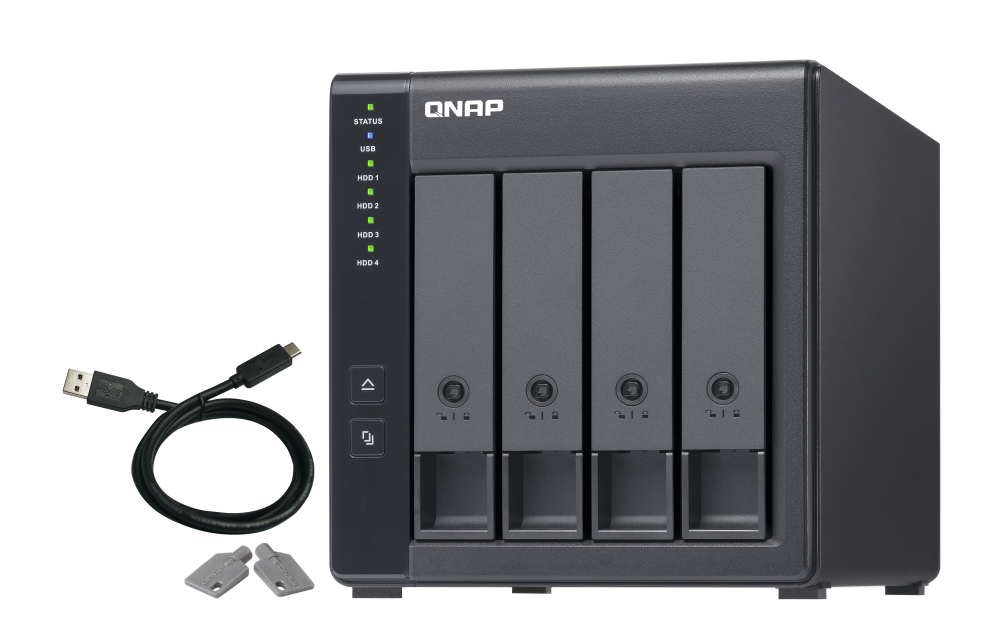- Sep 24, 2021
- 10
- 0
- 6
Hi, I'm trying to determine if there are significant differences between internal RAID cards and external RAID enclosures.
I will be setting up a computer to dual boot Windows and Linux (each on its own SSD). I want to make sure each OS sees the RAID as a single drive. I'm a little confused as some RAID controller cards say they are compatible with Windows, etc... I assumed any RAID card would handle the RAID in a way to make the computer see it as such, making the OS irrelevant. Perhaps I'm missing something here?
I will either use a simple RAID 1 with two HDDs, or a RAID 10 with 4. I don't really need NAS unless these are significantly more reliable.
Thanks in advance.
I will be setting up a computer to dual boot Windows and Linux (each on its own SSD). I want to make sure each OS sees the RAID as a single drive. I'm a little confused as some RAID controller cards say they are compatible with Windows, etc... I assumed any RAID card would handle the RAID in a way to make the computer see it as such, making the OS irrelevant. Perhaps I'm missing something here?
I will either use a simple RAID 1 with two HDDs, or a RAID 10 with 4. I don't really need NAS unless these are significantly more reliable.
Thanks in advance.







